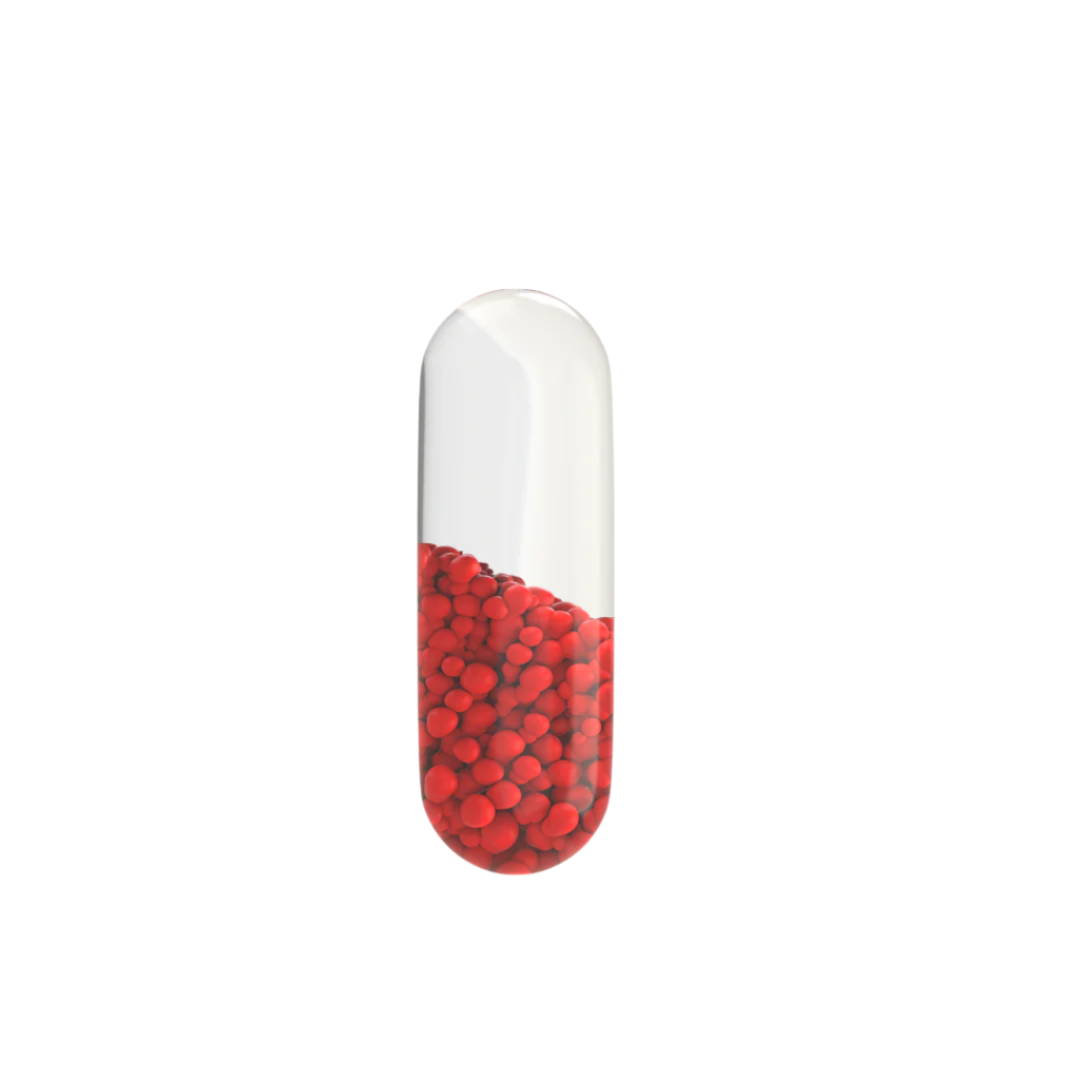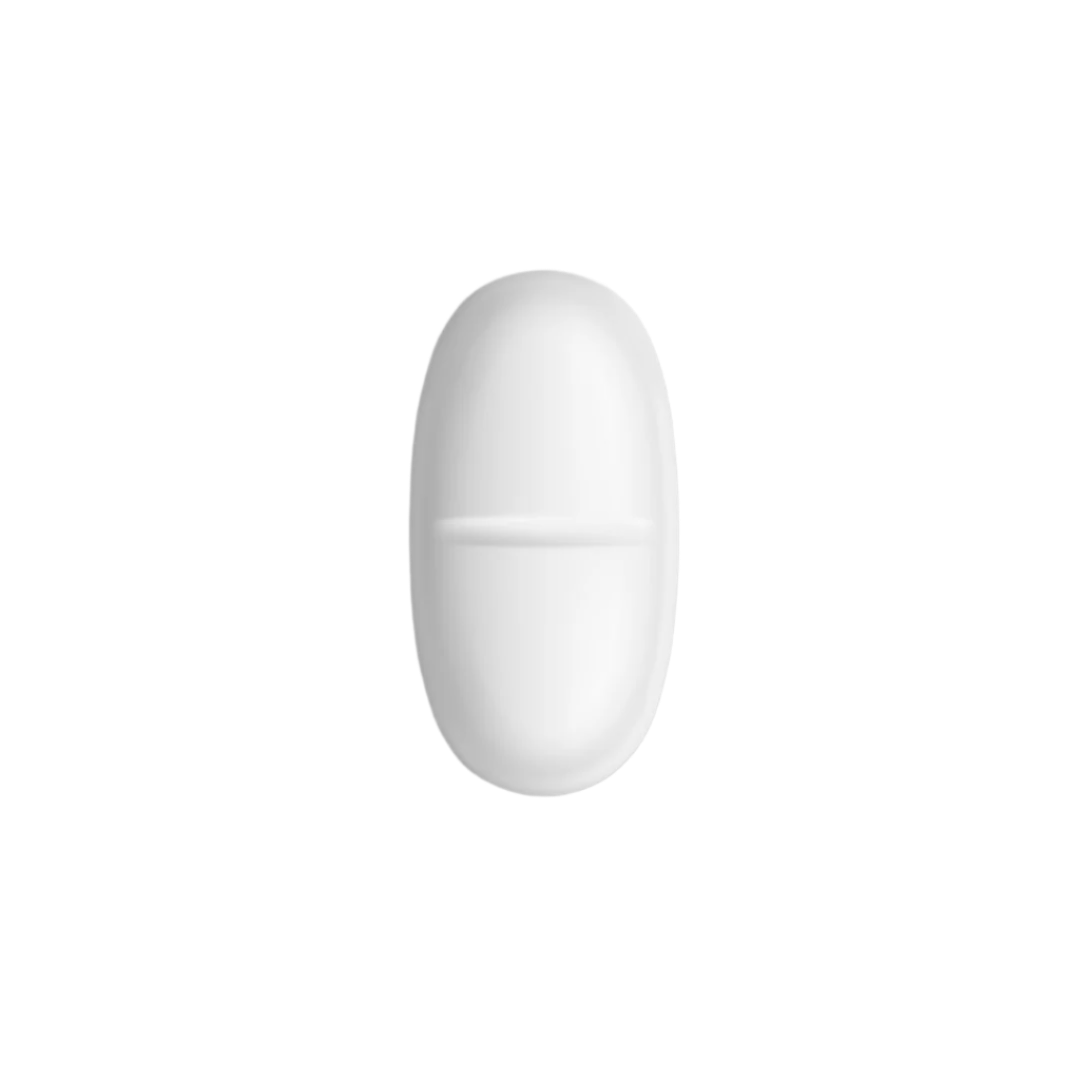Overcoming Workout Fatigue: How Sleep Impacts Athletic Performance

Athlete or fitness enthusiast, you're well-acquainted with the rollercoaster of motivation and energy levels accompanying your workouts. Some days, you step into the gym with an unwavering sense of invincibility, ready to conquer any physical challenge. On others, even the prospect of a simple warm-up feels like an insurmountable mountain to climb. It's a perplexing phenomenon that can leave you questioning your training, diet, and overall fitness regimen. But what if I told you that the elusive culprit behind this inconsistency might not be found in the weights you lift or the miles you run but rather in the realm of dreams? Yes, you read that correctly – it could be your sleep.
This blog reveals the profound and often underestimated connection between sleep and athletic performance. It's a connection that can make the difference between achieving your fitness goals and falling short of your aspirations. From muscle recovery to mental focus and hormonal balance to immune function, sleep has an omnipotent influence on every facet of your athletic journey.
So, if you've ever wondered why some days you're on top of your game while others see you struggling to keep up, prepare to have your perspective shifted. We're about to delve into the science, the research, and the practical strategies that illuminate the path to overcoming workout fatigue by harnessing the power of quality sleep. Whether you're a seasoned athlete or just starting your fitness journey, understanding this connection and implementing the right strategies can be the key to unlocking your full potential. Get ready to elevate your performance by prioritising the often underestimated pillar of athletic success – sleep.
The Sleep-Athletic Performance Connection
In pursuing athletic excellence, it's crucial to recognize the profound and intricate relationship between sleep and athletic performance. Sleep, often regarded as a mere daily downtime, is, in fact, a fundamental physiological process that exerts a pervasive influence on various aspects of our lives. Athletic performance is no exception to this rule, and understanding this connection is pivotal to unlocking your full potential as an athlete or fitness enthusiast.
Research conducted over decades has consistently unveiled sleep's vital role in shaping the trajectory of athletic success. Here, we shine a spotlight on the five critical facets of athletic performance that are intricately woven into the fabric of sleep:
- Muscle Recovery: Delve into deep sleep, and you'll uncover the body's secret weapon – growth hormone. This hormone, released during these restorative slumber stages, emerges as the unsung hero of muscle repair and growth. Inadequate sleep, akin to a missing puzzle piece, can lead to a protracted and cumbersome recovery process, where muscle fatigue reigns supreme.
- Energy Levels: Picture your body as a high-performance vehicle fuelled by a finite energy reserve. Sleep serves as the gas station where this energy is replenished. Without enough restorative sleep, your stamina dwindles, your endurance wanes, and your overall energy levels nosedive. Those days when you're left grappling with lethargy during workouts? They're often a direct consequence of sleep deprivation.
- Mental Focus: The mind is an athlete's command center, governing focus, decision-making, and reaction time. Sleep, the silent conductor of cognitive function, perfectly orchestrates these elements. However, when sleep is compromised, so too is mental acuity. Athletes navigating a sleep-deprived landscape are more susceptible to mental lapses, indecision, and a glaring deficit in reaction time – all factors that can be game-changers during competitions and training sessions.
- Hormonal Balance: Hormonal harmony is meticulously maintained within the confines of sleep. Cortisol, the stress hormone that can derail even the most finely tuned training programs, finds equilibrium through proper slumber. Simultaneously, testosterone, the linchpin of muscle development, is nurtured. In its disruptive wake, inadequate sleep can tip this delicate hormonal balance, jeopardising muscle growth and recovery.
- Immune Function: A robust immune system is a steadfast ally in the relentless pursuit of fitness goals. Sleep is the guardian of this immunity, fortifying it against the relentless onslaught of illness and infection. Athletes who shortchange their sleep are unwittingly weakening their defences, potentially derailing meticulously planned training schedules.
These revelations underscore the indispensable role that sleep plays in shaping the trajectory of your athletic journey. As we delve deeper into this exploration of the sleep-athletic performance connection, prepare to equip yourself with knowledge and strategies to help you harness sleep's power to overcome workout fatigue and ascend to new heights in your athletic pursuits. The path to peak performance begins with understanding and embracing the fundamental importance of sleep.
Strategies for Overcoming Workout Fatigue

Now that we've illuminated the integral role of Sleep in athletic performance, it's time to delve into the actionable strategies that can empower you to embrace the restorative power of slumber and conquer workout fatigue. These practical steps are the building blocks of a comprehensive approach to ensure that you prioritise Sleep and optimise it to propel your athletic journey to new heights.
- Prioritise Sleep as a Non-Negotiable: Consider Sleep a sacred ritual within your training regimen. It should not be compromised or bargained away. Aim for a consistent 7-9 hours of quality sleep each night. Recognize that Sleep is not a luxury but a necessity for peak performance.
- Embrace a Consistent Sleep Schedule: Your body thrives on routine, and your sleep patterns are no exception. Strive to go to bed and wake up simultaneously every day, even on weekends. This consistency helps regulate your body's internal clock, enhancing the quality of your Sleep.
- Craft a Sleep-Friendly Haven: Transform your bedroom into a sanctuary of rest. Ensure it is calm, dark, and quiet. Invest in a comfortable mattress and pillows that cradle you into a restful slumber. The environment you sleep in significantly impacts the quality of your rest.
- Digital Detox Before Bed: The screens of electronic devices emit blue light, which can interfere with your body's production of melatonin, the hormone that regulates Sleep. Therefore, avoid screens at least an hour before bedtime, including phones, tablets, and computers. Instead, engage in calming activities such as reading a book or practising gentle stretches.
- Curtail Stimulants: Caffeine and nicotine are potent stimulants that can disrupt your sleep patterns. It's advisable to steer clear of these substances in the hours leading up to bedtime. Swap out that evening cup of coffee for a soothing herbal tea to promote relaxation.
- Relaxation Techniques: Incorporate relaxation techniques into your pre-sleep routine. Deep breathing exercises, meditation, or gentle stretching can help you unwind, release tension, and signal to your body that it's time to transition into restful Sleep.
- Mindful Nutrition: Be mindful of what you eat and drink before bedtime. Heavy meals and alcohol can disrupt Sleep. Aim to finish eating at least two to three hours before bedtime to allow for proper digestion. Opt for light, sleep-friendly snacks if needed.
- Monitor Your Sleep Quality: Leverage the power of technology with sleep-tracking apps or devices. These tools can provide insights into your sleep patterns, allowing you to make informed adjustments. By understanding your Sleep, you can optimise it for better athletic performance.
- Acknowledge the Importance of Rest Days: While pursuing fitness goals can be relentless, it's essential to remember that rest days are not a sign of weakness but a cornerstone of progress. They give your body the necessary time to recover, especially if you've had inadequate Sleep during the week.
Conclusion
As we draw the curtains on this exploration of the symbiotic relationship between sleep and athletic performance, it's imperative to underscore the profound impact that prioritising quality sleep can have on your journey to greatness. The realisation of your athletic potential hinges not only on the intensity of your workouts but also on the restorative embrace of slumber.
The evidence is unequivocal – sleep is not merely a passive state of rest; it is an active process that fuels every facet of your athletic prowess. From muscle recovery to mental focus, and from hormonal equilibrium to immune fortitude, sleep is the secret weapon in your arsenal, the unsung hero that can transform your athletic ambitions into tangible achievements.
Neglecting sleep is a perilous gamble, one that can lead to the treacherous territory of workout fatigue, reduced gains, and heightened injury susceptibility. It's akin to traversing uncharted terrain without a map – a journey filled with uncertainties and obstacles.
However, there's a beacon of hope. By elevating the significance of sleep in your life and adopting healthy sleep habits, you possess the means to transcend the limitations of workout fatigue. The path to reaching your peak athletic potential lies in the steadfast commitment to sleep as a non-negotiable pillar of your training regimen.
As you venture forth in your athletic endeavours, remember this fundamental truth: sweet dreams and intense workouts are not mutually exclusive. They are, in fact, complementary forces, each empowering the other. Embrace the power of sleep as your ally on this journey, and watch as your energy levels surge, your recovery accelerates, and your athletic achievements soar to new heights.
So, as you lay your head on the pillow tonight, do so with the knowledge that you're not merely resting; you're actively investing in your athletic future. The pursuit of peak performance begins with the understanding that sleep is the cornerstone of success. Sweet dreams await, and with them, the promise of conquering new athletic frontiers.
References
- https://pubmed.ncbi.nlm.nih.gov/25106416/
- https://pubmed.ncbi.nlm.nih.gov/25315456/
- https://journals.lww.com/nsca-scj/fulltext/2017/10000/Sleep,_Recovery,_and_Athletic_Performance___A.6.aspx
- https://www.springer.com/gp/book/9783662486352
- https://pubmed.ncbi.nlm.nih.gov/29045071/
- https://pubmed.ncbi.nlm.nih.gov/1870170/
- https://pubmed.ncbi.nlm.nih.gov/26518895/








